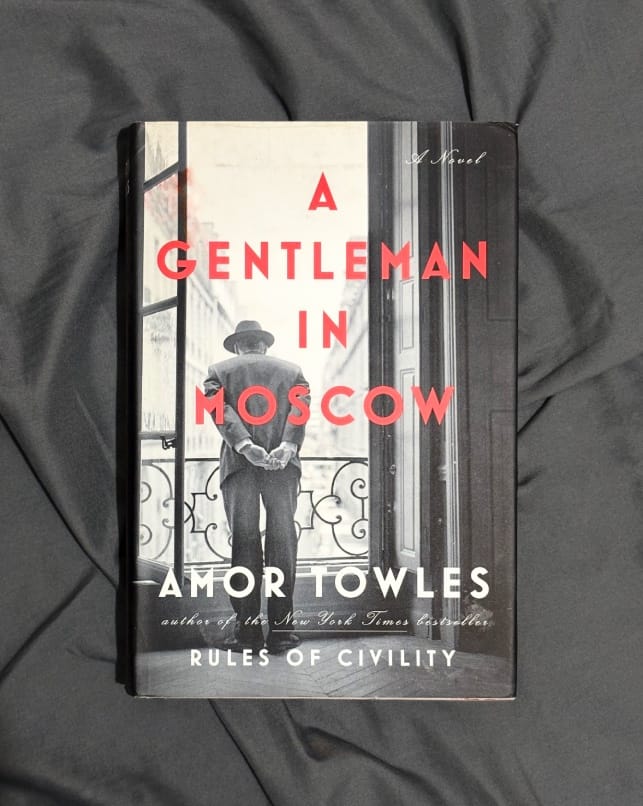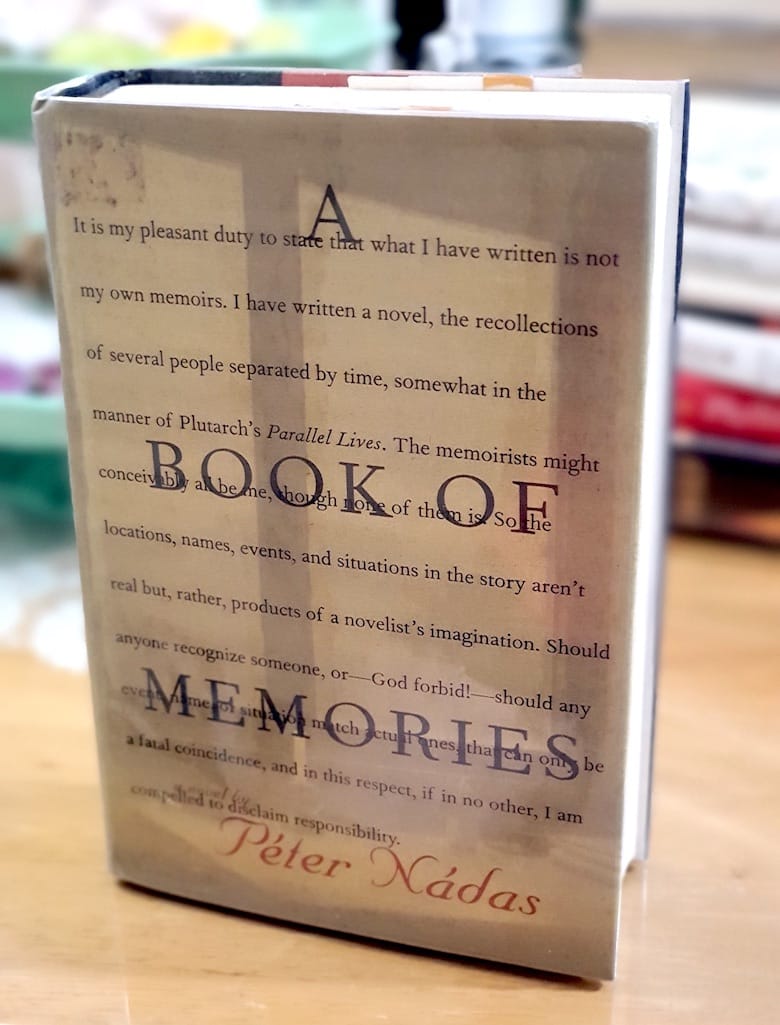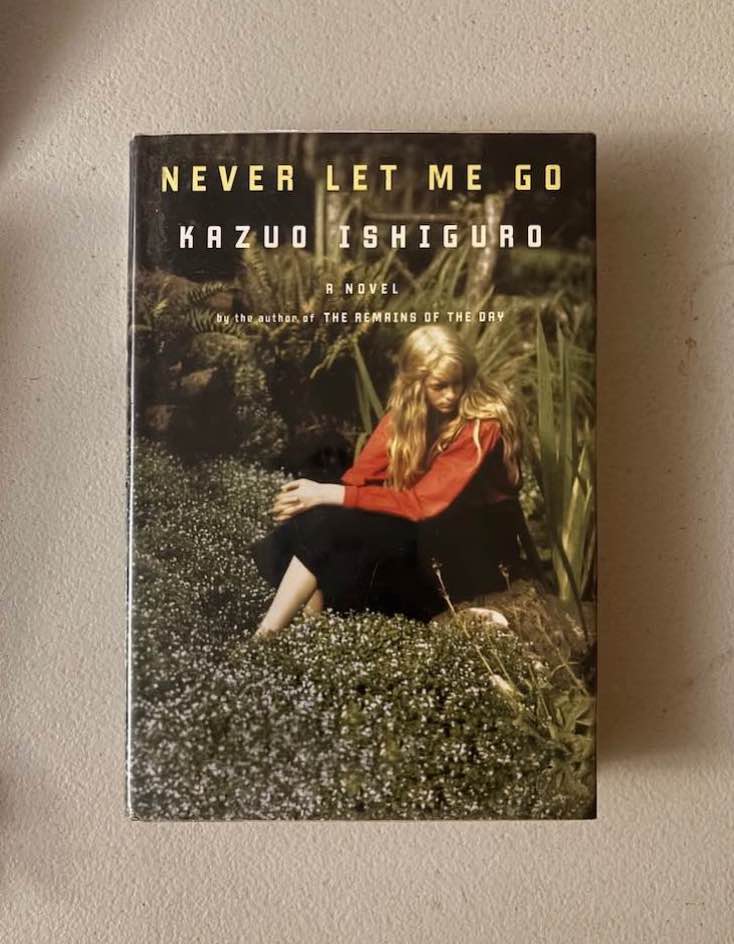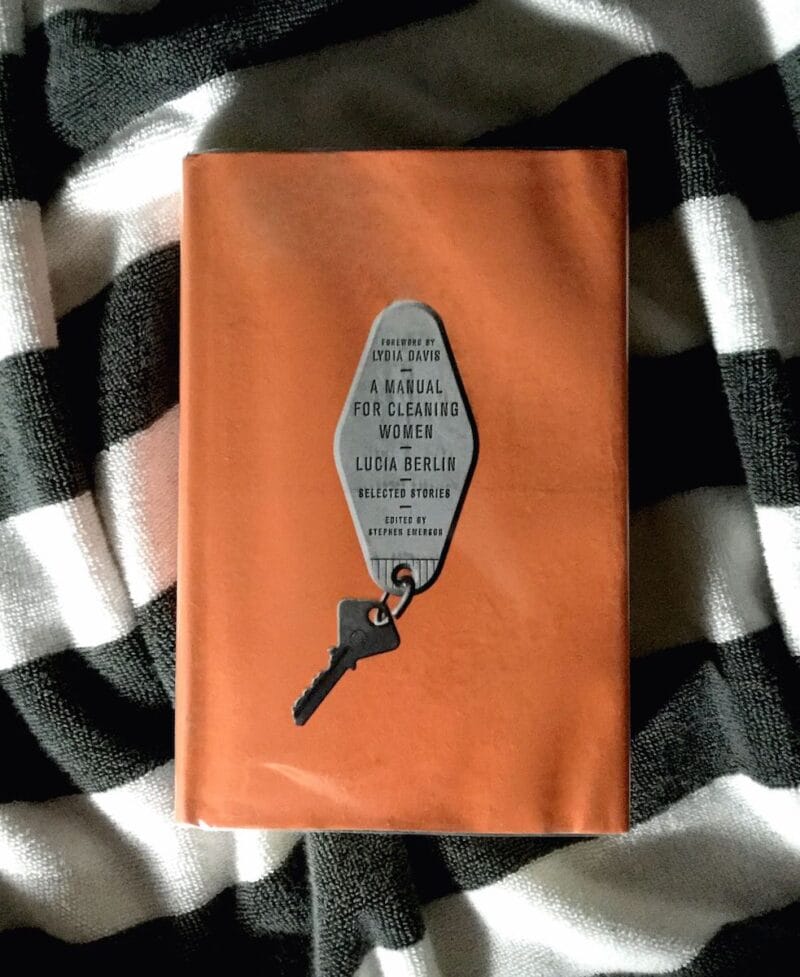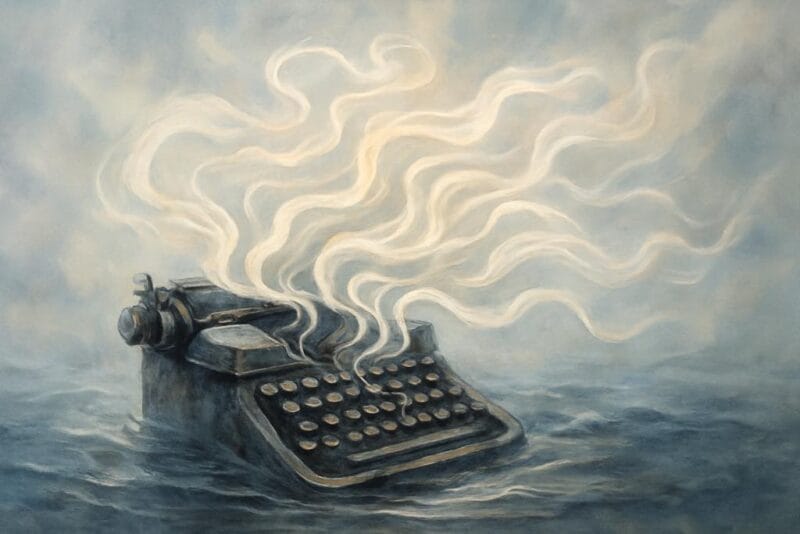Amor Towles’s A Gentleman in Moscow (2016) is more than just a historical book; it is a meditation on time, freedom, and human connection. Set almost entirely within the confines of the Metropol Hotel, the book follows Count Alexander Rostov, an aristocrat sentenced to house arrest in 1922, shortly after the Russian Revolution has established the Soviet regime.
Within the hotel’s confines, the Count encounters a diverse cast of characters, each interaction revealing a new facet of humanity and encouraging him to examine his own identity. Though physically restricted, he discovers inner freedom and meaning in his life, proving that the human spirit can flourish even in the most limiting circumstances.
Through elegant prose and compelling character development, Towles explores the enduring human capacity for hope and reinvention. This book, with its richly layered narrative, will resonate with readers drawn to historical fiction, nuanced character studies, and stories that celebrate the strength of the human spirit.
Character Study: Count Alexander Rostov
Count Alexander Rostov is a study in character complexity, a man whose outward elegance belies the inner turmoil brought on by his sudden fall from grace. Born into the Russian aristocracy, he finds himself confined to the Metropol Hotel following the Bolshevik Revolution. This setting becomes a microcosm where Rostov reshapes his existence.
Despite his confinement, Rostov exhibits a remarkable capacity for grace and humor. He navigates his new, restricted world with dignity, finding purpose through the friendships he builds and the routines he establishes. His charm and wit render him an enduring and multifaceted figure.
From young Nina, the precocious young girl who introduces Rostov to the hidden nooks of the hotel, to Sofia, whose relationship with Rostov becomes a focal point to his sense of purpose, Rostov’s relationships with the hotel’s staff and visitors illustrate not only his own but the entire humanity’s need for human connection.
How His Character Reflects Larger Themes of Confinement and Freedom
Rostov’s internal journey mirrors the external themes of freedom and confinement, both literal and metaphorical. As he learns to navigate his limitations, the reader is drawn to examine what it truly means to live a “confined” life and how one’s inner world can flourish regardless of external circumstances.
The constraints he faces act as a backdrop against which he demonstrates intellectual and emotional freedom. Through acts of kindness and the pursuit of knowledge, Rostov illustrates how the human spirit can thrive even when the physical world imposes limits. His resourcefulness and perseverance serve as a testament to the enduring nature of inner liberty.
The Metropol Hotel as a Microcosm
The setting of the Metropol Hotel is far from a mere backdrop; it functions as a character in itself, which symbolizes both a sanctuary and a prison. As a sanctuary, it provides Rostov with a space to retain his aristocratic routines—his love for fine dining, literature, and meaningful conversations. Yet as a prison, it manifests his exile, keeping him cut off from the political and social changes sweeping the outside world.
The hotel’s grandeur juxtaposes the shrinking of Rostov’s external world, creating a space where history and personal experience converge. It becomes a microcosm of Russian society during its turbulent times, where revolutionaries and bureaucrats coexist with aristocrats and where the mundane and the profound collide. The hotel’s structure shapes the narrative in profound ways, becoming a stage upon which the drama of human existence—friendships, loves, losses—plays out in miniature.
Confinement, in the hands of Towles, becomes less a limitation and more a canvas for character studies. The physical restrictions placed on Count Rostov lead him to reconsider his purpose and values. The hotel serves as a backdrop for personal transformation as he builds relationships, takes on new roles, and explores intellectual curiosity.
Literary Craftsmanship: Exploring Themes, Structure, and Style
Themes of Time and Memory
One of the most captivating elements of A Gentleman in Moscow is its treatment of time. Time in the book moves both quickly and slowly, reflecting the rhythm of a life lived in one place for decades. As Rostov experiences the passing of years, the book offers moments of reflection on memory and nostalgia.
Towles evokes a sense of timelessness that resonates with readers on both an intellectual and emotional level. Memories of Rostov’s past—his aristocratic upbringing, lost loves, and the world of pre-revolutionary Russia—are interwoven with his present, blurring the boundaries between what was and what is. For the reader, this interplay between past and present invites introspection: How do we make peace with a life that moves forward while clinging to the echoes of what was lost?
The book’s reflections on time are especially poignant for those who engage deeply with literature. With the way time shapes and re-shapes characters’ lives, particularly Rostov’s, the book reflects on the role of memory in constructing personal history, how recollections influence choices and attitudes, and how the passage of time changes our perceptions of the world.
Narrative Structure and Pacing
From a structural standpoint, A Gentleman in Moscow is a delight for those who appreciate carefully crafted narrative forms. Towles opts for a nonlinear approach, weaving together different timelines and moments in Rostov’s life using each chapter as a separate vignette. This episodic nature provides a collection of snapshots that collectively present a story of human life while honing in on details and nuances that enrich the overall plot.
The pacing is carefully crafted to align with the setting of a luxury hotel over several decades. It begins at a measured tempo, reflecting the slow, introspective nature of the Count’s house arrest. The narrative unfolds with a diamond-like geometry, presenting the timeline in segments that expand and compress as needed. This narrative structure resembles a mosaic, with each piece revealing another layer of the plot and offering a deeper look into key moments while highlighting the protagonist’s development in a dynamic way.
As the story progresses, the tempo shifts, sometimes accelerating during climactic moments and slowing to emphasize significant events. This thoughtful tempo manipulation ensures that no event feels rushed or extended, offering just the right balance of suspense. The book starts with lengthy intervals, gradually decreasing in time between events as the story concludes.
Stylistic Flourishes and Literary Techniques
Towles’s prose is a masterclass in elegance, and readers are likely to be captivated by his stylistic flourishes. The tone of the book, with its blend of humor, irony, and grace, elevates A Gentleman in Moscow from a simple narrative to a literary gem. The wit and subtlety of Towles’s language add layers of meaning that readers can savor.
Irony is a recurring technique in the book, as Towles often contrasts Rostov’s aristocratic past with the changing political landscape outside the hotel. The use of humor, especially in Rostov’s interactions with others, provides levity even in moments of existential reflection. Readers will also appreciate the foreshadowing scattered throughout the book, adding a sense of anticipation that draws the reader further into the narrative.
Towles employs a refined and deliberate use of language to convey the historical and cultural context of early to mid-20th-century Russia. In painting the Metropol Hotel as a microcosm of the world outside, Towles uses vivid imagery and carefully chosen adjectives. His sentences often carry a rhythm that reflects the sophistication and grace inherent in Rostov’s aristocratic bearing. His language also occasionally shifts to capture moments of tension or humor, effectively influencing the tone.
The Role of Secondary Characters
While Count Rostov remains the central figure, the book is enriched by a vibrant supporting cast. These characters, seen through the reader’s perspective, broaden the book’s thematic scope. Each character adds layers, showcasing the multifaceted life within the hotel and how these interactions shape the Count’s view of the world.
One of the most impactful is Nina Kulikova, a curious and precocious young girl who befriends Rostov early in the book. Nina introduces him to the hidden passages and secrets of the Metropol, bringing moments of joy and connection during his early years of isolation. Later in the story, she entrusts Rostov with the care of her daughter, Sofia, forever altering his life and giving him a renewed sense of purpose.
Anna Urbanova, a glamorous and independent actress, also plays a significant role in Rostov’s life. Their romantic relationship provides both companionship and intimacy, evolving into an emotional bond that offers solace amidst the uncertainties of their political reality. Anna represents the complexities of love, desire, and loyalty under the oppressive Soviet regime.
Rostov’s longtime friend, Mishka Mindich, a poet, symbolizes the intellectual and artistic struggles of the era. His idealism and frustrations with political suppression reflect the tensions between creativity and authority in Soviet society. Mishka’s philosophical discussions with Rostov deepen the latter’s reflections on freedom, art, and personal responsibility, enriching the Count’s inner world during his confinement.
Another key figure in Rostov’s life is the hotel manager, Leplevsky, known as the Bishop, who serves as the antagonist. He embodies the bureaucratic and oppressive face of the Soviet regime, constantly surveilling Rostov and attempting to undermine his autonomy. Despite their antagonism, the Bishop’s presence sharpens Rostov’s resolve, further shaping his ability to navigate the complexities of life under constant watch.
Finally, Emile and Andrey, the hotel’s maître d’ and chef, respectively, become Rostov’s close friends. Their camaraderie and loyalty provide a sense of normalcy and belonging within the confines of the hotel. Together, these characters add emotional and thematic layers to Rostov’s journey, highlighting the book’s exploration of connection, meaning, and endurance in a time of great social and political upheaval.
Moral Conundrums
A Gentleman in Moscow presents several moral conundrums that challenge both the characters and readers, reflecting the complexities of life under an oppressive regime. These dilemmas explore themes of personal freedom, loyalty, sacrifice, and the moral costs of survival within a constrained environment.
One of the central moral dilemmas revolves around Count Rostov’s forced confinement in the Metropol Hotel. While he is not physically free, he must decide how to maintain his dignity and sense of self within the confines of his imposed exile. Rostov’s choice to adapt to his circumstances, rather than succumb to bitterness, presents a question of moral resilience: Is it more virtuous to resist outright, or to quietly find ways to thrive within limitations?
Another key moral conundrum in the book is the conflict between loyalty to friends and the demands of Soviet society. Rostov’s relationships with Mishka, a poet critical of the regime, and Anna, an actress making compromises to survive, highlight the challenge of maintaining personal integrity under political repression. Mishka’s frustration with the suppression of art and intellectual freedom forces Rostov to question whether remaining silent and compliant makes one complicit in the regime’s injustices.
The book also examines the moral weight of sacrifice, particularly in Rostov’s relationship with Sofia. When Nina entrusts her daughter to him, he takes on the responsibility of raising and protecting her, making significant sacrifices to ensure her future. The moral question centers on selflessness: How much should one sacrifice personal freedom, or even risk their life, for another’s well-being?
Lastly, the book also questions the morality of complicity in systems of power. Many characters in the Metropol, including the staff, make compromises to survive under Soviet rule. While some, like the Bishop, embrace their roles in the regime, others, like Rostov, navigate survival through subtle defiance or quiet resistance. This raises a key moral question: Is it justifiable to comply with an unjust system for personal survival, or does true morality demand resistance, even at great personal risk?
A Gentleman in Moscow offers a journey not just for Count Rostov but also for its readers. Readers are encouraged to engage with the book’s moral challenges, reflecting on Count Rostov’s choices. In the end, the book’s greatest gift is the space it offers for reflection—on confinement, freedom, and the resilient human spirit. For any lover of fiction, A Gentleman in Moscow is a book to be savored, revisited, and cherished.
Selected Passage with Analysis
After the ill-fated night that ended on the second-floor steps, the Count had taken a break from his nightly aperitif, suspecting that the liquor had been an unhealthy influence on his mood. But his saintly abstinence did not prove a tonic to his soul. With little to do and all the time in the world to do it, the Count’s peace of mind continued to be threatened with a sense of ennui—that dreaded mire of the human emotions. And if this is how desultory one feels after three weeks, reflected the Count, then how desultory can one expect to feel after three years?
Pages 54-55, A Gentleman in Moscow by Amor Towles
In this passage, Count Rostov is revealed as introspective and self-aware, grappling with his emotions in the wake of a significant event. The mood is heavy and contemplative, establishing an atmosphere of confinement and introspection that permeates the book. The themes of isolation and the passage of time emerge, suggesting that even noble intentions can lead to emotional stagnation.
Psychologically, the Count's choice to forgo liquor reflects a desire for control over his mental state. However, this abstinence inadvertently exacerbates his feelings of boredom and hopelessness, indicating that external influences are not solely responsible for one’s emotional well-being.
Narratively, this passage foreshadows the Count's potential struggles with prolonged confinement. His reflections hint at a deeper existential crisis, suggesting that without meaningful engagement, his sense of purpose may further diminish in the coming years.
Further Reading
A Gentleman in Moscow: About the Book on AmorTowles.com
Don’t Make the Same Foolish Mistake I Made! Read A Gentleman in Moscow by Melissa Gouty, LiteratureLust.com
A Gentleman in Moscow: Comparing the Read to the Watch by Lorilee Craker, The Banner
Struggling with “A Gentleman in Moscow” on Reddit
